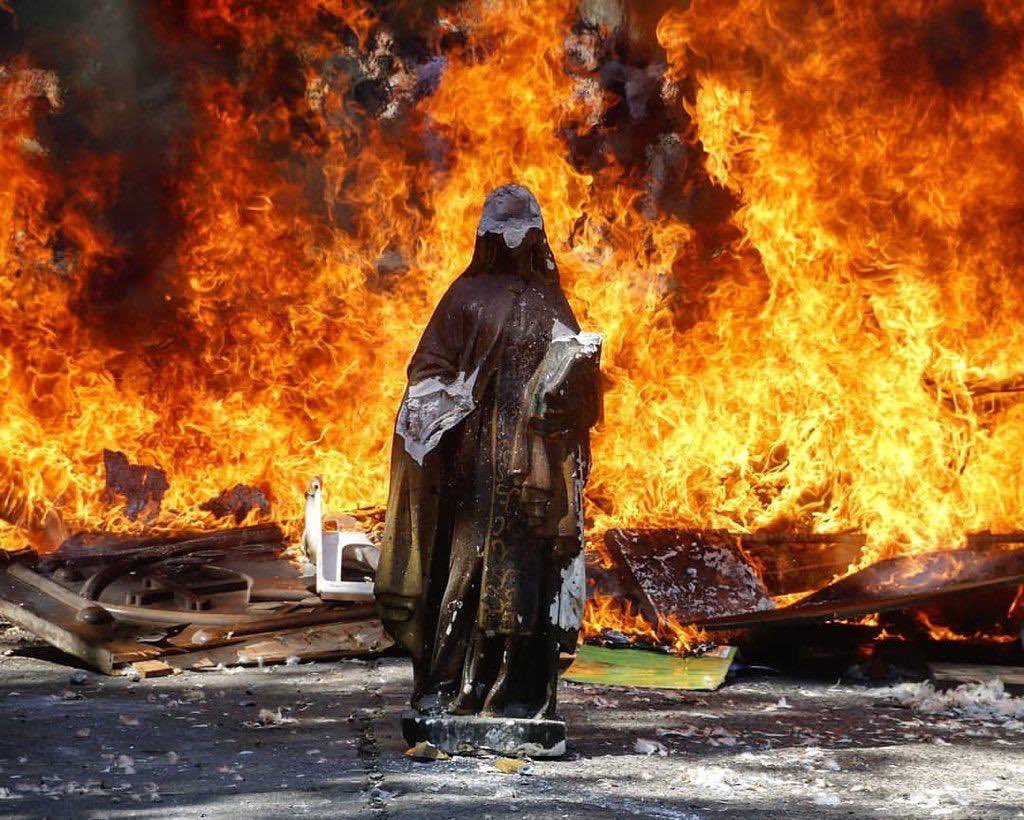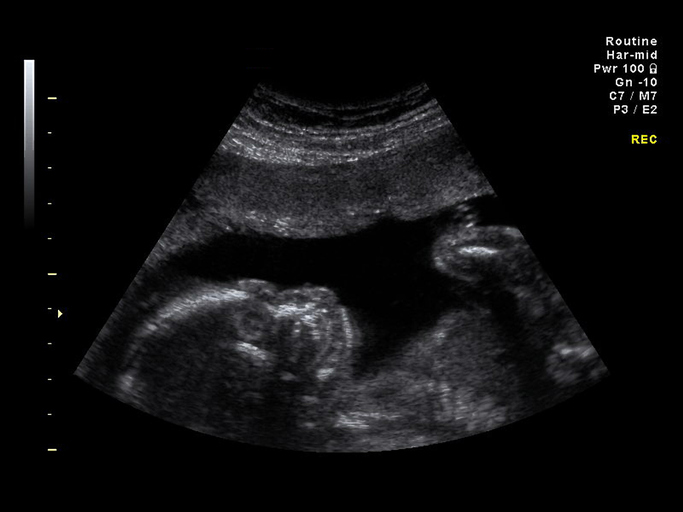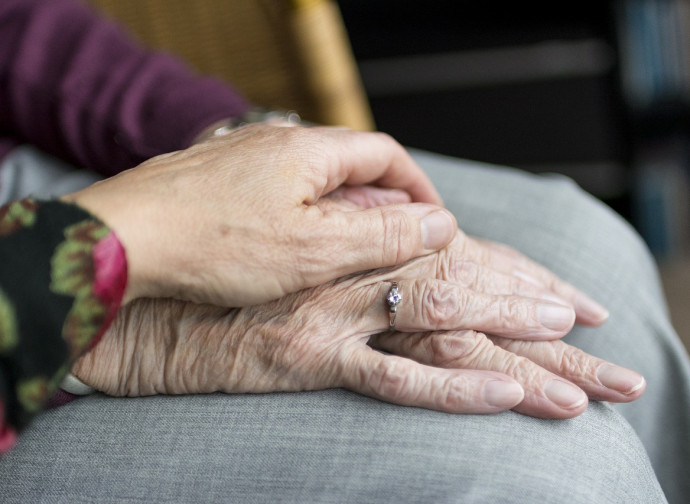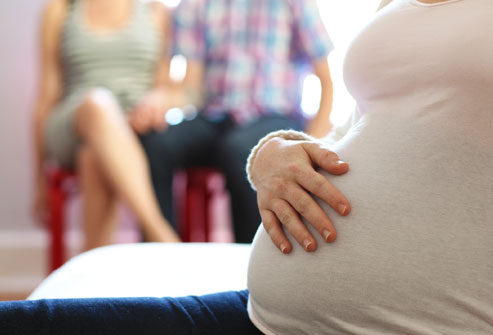
A leading voice in sex education has said porn can be ‘positive’.
Dr. Kate Dawson, a lecturer the University of Greenwich, made the claim on RTE’s Upfront programme on Monday night as part of a discussion about school-based Relationships and Sexuality Education (RSE). A new RSE programme for junior certificate students is almost complete and ‘porn literacy’ will likely be part of it. A big question is whether students will be taught that porn can be ‘positive’ as well as negative.
Asked whether porn use can ever be positive, Dr Dawson claimed that in the course of her own research, many people reported that “it helped them to feel that their body was normal and that their sexual interests were normal. They felt less alone and isolated”.
On the other hand, she said in the research literature, it is very hard to look into the topic of pornography because you can’t examine it in its natural state.
“You can‘t observe people watching pornography, and see the outcomes over time but we know that for the most part, only a small percentage of people report having very bad experiences with pornography. For the vast majority of people it seems to do no harm”.
This was despite several young women in the audience saying it was influencing men to copy what they see in porn, including slapping and choking women when having sex.
Dr Dawson claimed that academic research has not established a cause and effect relationship between porn and violence. She was contradicted by Peadar Tobin, TD, who said lots of research exists that shows it has this effect.

South Korea’s fertility rate, already the world’s lowest, has dropped yet again in the latest setback to the country’s efforts to boost its declining population. Deaths exceeded births by over 120,000 people in a population of 52 million.
The country reported that the fertility rate, or the average number of children expected per woman, fell to 0.78 in 2022 – down from 0.81 the previous year.
Countries need a fertility rate of 2.1 to maintain a stable population, in the absence of immigration.
South Korea recorded more deaths than births for the first time in 2020, a trend that has continued since.
In 2022, the country recorded about 249,000 births and 372,800 deaths.
Similar demographic declines are being seen in several other Asian countries including Japan and China, raising concerns there will be too few people of working age to support the ballooning elderly population. European countries also have below replacement level fertility rates.

Scotland’s finance secretary has risked her political career by freely admitting to her belief that sex is for marriage and marriage is for one man and one woman.
Kate Forbes, 32, a frontrunner to succeed Nicola Sturgeon as Scotland’s first minister was elected to the Scottish parliament in 2016. She told The Scotsman that she would have voted against the bill to allow same-sex marriage, which was passed in 2014.
“I think for me, Angela Merkel [the former German chancellor] is the example I would follow, I would have voted, as a matter of conscience, along the lines of mainstream teaching in most major religions that marriage is between a man and a woman,” she said.
Forbes said that she is being attacked for her religion by an “illiberal” wing of the SNP because critics cannot fault her record in government.
She also said that she would have quit the cabinet over the gender recognition reforms that would allow people to change their legal sex through self-identification.
Asked by Sky News if it is wrong for people to have children outside of marriage, she said it is “something that I would seek to avoid, for me personally”.
“My faith would say that sex is for marriage and that’s the approach I would practice.”

Historic churches in both Germany and France have suffered extensive damage in arson attacks in the last few weeks.
The historical Baroque “Church of the Cross” in Wissen, Germany, was desecrated and severely damaged on February 10. The police have identified a 39-year-old perpetrator who caused damages worth millions of euros. According to the reports, the man broke open the back door of the church by smashing it with stones, vandalised religious symbols and set fire to the high altar, which has been completely destroyed. Two firefighter squads extinguished the fire.
Meanwhile in France, three Parisian churches were subject to arson attacks last month by unknown perpetrators. The last attack was on the Church of Saint-Laurent in the 10th district on the 24th. According to the findings, a Molotov cocktail was thrown at the left side of the door.
A similar incident included a Molotov cocktail thrown against the church door of the Saint Martin des Champs.
Also, the church of Notre-Dame-de-Fatima in the 19th arrondissement has been the victim of two arson attacks – on 17 and 22 January.

A significant minority of Americans would favor genetic screening of embryos simply to boost their child’s chance to attend an elite university, a new survey indicates.
Several bioethics experts and economists designed the survey to explore public opinion about in-vitro fertilization (IVF) and pre-implantation genetic testing of embryos. The survey asked respondents whether they would test and edit an embryo’s genes to increase the chances the conceived child would grow up to attend an extremely competitive college.
Informed that the embryos had a 3% chance of getting into a top-100 university, they were asked whether they would opt for an intervention that would bump up their embryonic progeny’s chances to 5%.
According to the survey results, 38% of respondents said they would genetically screen IVF embryos for predicted academic achievement while 62% would not. Another 28% of respondents said they would edit the genes of IVF embryos to boost a child’s chance of acceptance at top colleges, while 72% said they would not.

The number of women religious in Ireland has halved in the last 20 years.
This is according to the most recent figures from the 26 dioceses on the island of Ireland. Some of the figures relate to 2021 and so include the effects of the first year of covid.
However, the figures from the other dioceses relate to pre-Covid times and so are expected to drop further once updated statistics are released.
Commenting on the figures, Dr Bronagh Ann McShane told The Irish Catholic the future for female religious life in Ireland and elsewhere is “very uncertain”.
“We’re at a turning point,” she added.

A whistleblower last week leaked a January report from the FBI’s Richmond office entitled: “Interest of Racially or Ethnically Motivated Violent Extremists in Radical-Traditionalist Catholic Ideology Almost Certainly Presents New Mitigation Opportunities.”
According to the report, “radical-traditionalist Catholics” are characterised by their devotion to the Latin Mass, their disdain for modern popes, and their “frequent adherence to anti-Semitic, anti-immigrant, anti-LGBTQ, and white supremacist ideology.”
It also noted its lack of evidence that “radical” traditionalist Catholics have done anything to warrant targeting.
The FBI retracted the document once it was made public saying it didn’t meet the Bureau’s “exacting standards” and was being removed from its system.

Almost one in three Germans (30 per cent) expect that pressure on the old and sick will increase as soon as active euthanasia is legalised.
This was the result of a survey conducted by the market and social research institute INSA-Consulere on behalf of the Protestant news agency IDEA.
Half of the people (49 per cent) do not share this fear. 18 per cent do not know their opinion, and 4 per cent did not answer.
Remarkable is that young people especially expect increased pressure on the elderly and sick. Among 18- to 29-year-olds, 37 per cent have this fear.
Euthanasia is a much more sensitive issue in Germany than in other European countries. When neighbour-country The Netherlands legalised euthanasia in 2000, the German Minister of Justice, Herta Däubler-Gmelin spoke about a “terrible breach of taboo”.
The reason for the German reluctance lies in the Nazi era. Before and during the Second World War, the word “euthanasia” was used for a killing program for disabled people.

The Seanad has heard that at least ten families in the State have broken up, leaving mothers or a second father with no legal rights to a child born through commercial surrogacy, a practice that is not permitted in almost every European country because critics say it commodifies babies and exploits low income women.
Fine Gael Senator Mary Seery Kearney called for speeding up legislation in the area, because she said women and second parents are ending up “in a very abusive, coercive situation” where children are being “weaponised”.
A bill going through the Oireachtas would provide for future surrogate babies and address those already born through surrogacy where one parent has no standing in law. Italy is currently planned to heavily fine adults who go abroad to use commercial surrogacy. Ireland is on course to have one of the most permissive regimes in Europe.

A charity volunteer and a Priest on trial for praying in an abortion exclusion zone have both been acquitted of all charges in a ruling handed down by Birmingham Magistrates’ Court this morning.
In a viral video in December, Isabel Vaughan-Spruce was seen being searched and arrested by three police officers after saying that she “might be” praying inside her head while standing near an abortion clinic.
The area surrounding the facility is subject to an order which prohibits prayer, distributing information about pregnancy help services, and other activities deemed “protest”.
Reacting to the verdict this morning, Vaughan-Spruce said she was glad she’d been vindicated of any wrongdoing, but added: “I should never have been arrested for my thoughts and treated like a criminal simply for silently praying on a public street”.
“When it comes to censorship zones, peaceful prayer and attempts to offer help to women in crisis pregnancies are now being described as either “criminal” or “anti-social”. But what is profoundly anti-social are the steps now being taken to censor freedom of speech, freedom to offer help, freedom to pray and even freedom to think. We must stand firm against this and ensure that these most fundamental freedoms are protected, and that all our laws reflect this.”